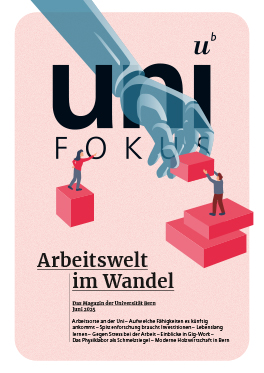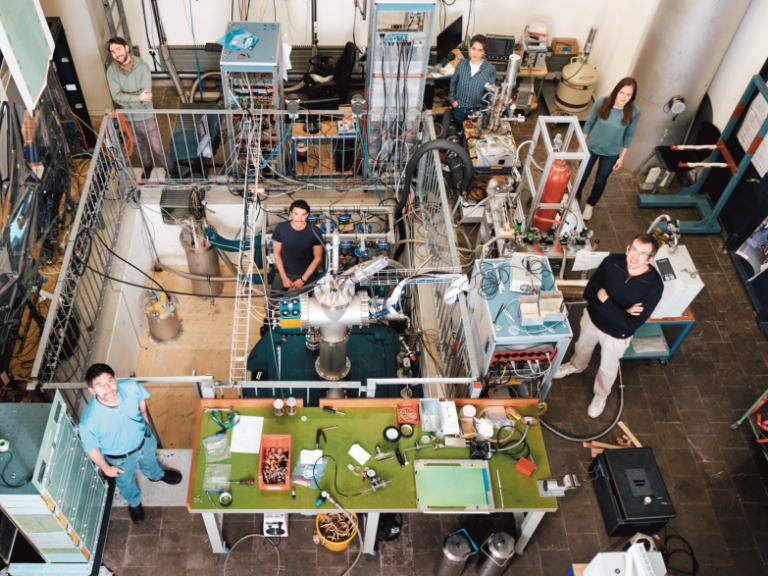A question for Flora Stanischewski
Am I liable if my office AI makes mistakes?
Anyone who lets AI work for them would be well advised to critically examine the results of its work. This is because, in principle, employees are liable, says Flora Stanischewski, a lecturer in labor law.

To date, there are no specific legal provisions in Switzerland regarding the use of AI in employment relationships. Work results generated with AI are therefore also generally attributed to employees. They are liable if they have committed a breach of contract that has caused damage, unless they can prove that they are not at fault. Case law shows that they are primarily held liable for damage caused intentionally or by gross negligence. In addition to claims for damages, there is also a risk of sanctions under labor law (particularly a warning or dismissal).
However, if it can be proven that an employer has provided the employee with faulty AI, an employee’s liability would generally have to be assessed more leniently. Employees must always critically examine work results generated with AI.
Magazine uniFOKUS

The changing world of work
This article first appeared in uniFOKUS, the University of Bern print magazine. Four times a year, uniFOKUS focuses on one specialist area from different points of view. Current focus topic: The changing world of work.
Flora Stanischewski
is an attorney for private labor law and public personnel law and a partner at the law firm burckhardt AG in Basel as well as a lecturer at the universities of Bern and Basel. In Bern, she lectures on labor law, among other things. She studied and received her doctorate at the University of Basel.
Subscribe to the uniAKTUELL newsletter

Discover stories about the research at the University of Bern and the people behind it.



